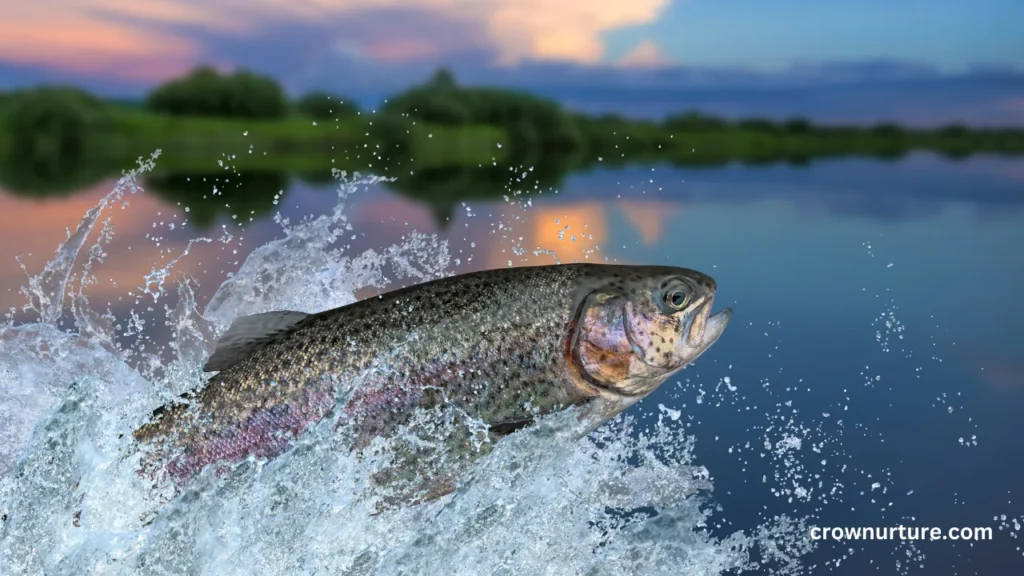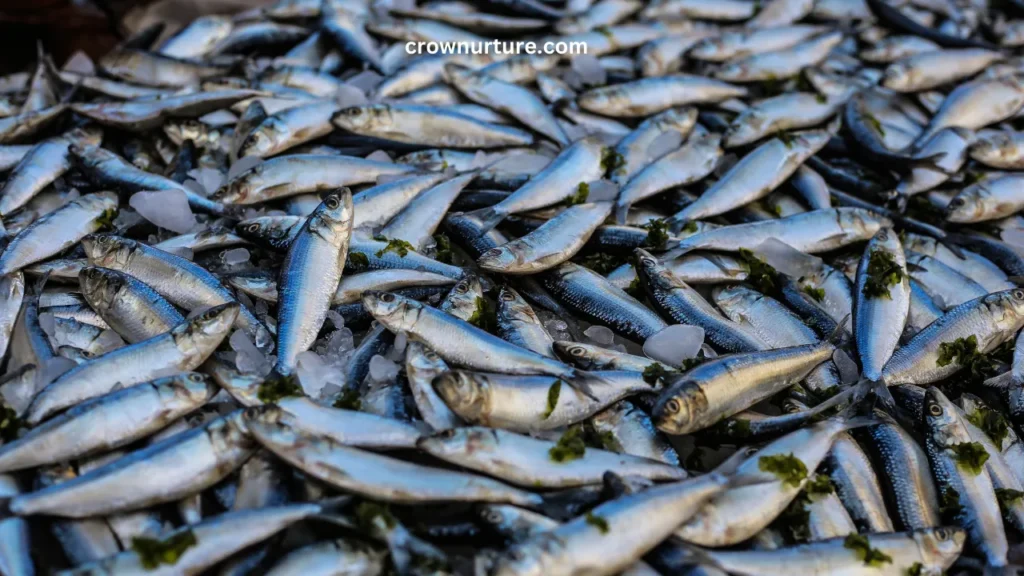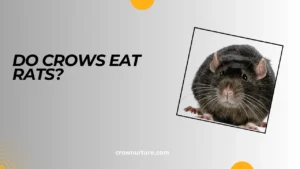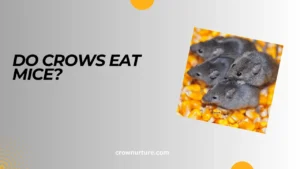Crows are among the most intelligent and adaptable birds, often seen scavenging in urban settings or hunting for food in natural habitats. They are known for their problem-solving abilities, using tools and even engaging in complex social behaviors.
But when it comes to their diet, how far do they go in their search for food? Could these clever birds be feasting on something as elusive as fish? Yes, crows do eat fish, though it might not always be the first food they turn to.
While their diet is diverse and often opportunistic, fish—both live and dead—can form an important part of their food intake, particularly in coastal and inland water environments where aquatic resources are abundant.
This article will explore the various ways crows consume fish, how their behavior changes with food availability, and the ecological impact of their actions.
By examining the circumstances under which crows feed on fish, we’ll uncover more about their adaptability and the role they play in the broader ecosystem. Whether they are hunting for fresh catches or scavenging on fish scraps, crows prove that they will eat almost anything that meets their needs, making them one of nature’s true opportunists.

Contents
1. Crows: Opportunistic Omnivores
Crows are omnivores, which means they consume a wide range of food, from insects and fruits to seeds, grains, and even carrion. Their diet is flexible, allowing them to thrive in various environments.
Their adaptability ensures they can adjust to seasonal changes and shifting food availability, making them efficient foragers. When resources are abundant, they may focus on preferred foods, while during scarcity, they broaden their diet to include whatever is available, including fish.
From the bustling city streets to the remote forests, crows have adapted to various habitats, which often means a varied diet. This flexibility is key to their survival and success.
2. Crows as Fish Eaters
Though they may not be frequent fish hunters, crows are known to hunt live fish under specific circumstances. They often target smaller fish, either by snatching them from the water’s surface or diving into shallow waters.
More commonly, crows scavenge dead fish, found near fishing spots or washed ashore. This scavenging behavior helps them contribute to the natural decomposition process and maintain a clean environment.
Crows living in coastal and inland water environments are more likely to consume fish, given that these areas offer a steady supply of aquatic life. Their ability to adapt their diet based on their surroundings makes them formidable survivors.

3. Factors Influencing Fish Consumption
The abundance of food sources plays a significant role in whether crows eat fish. If other preferred food items like insects or seeds are hard to find, crows may turn to fish as an alternative food source.
Competition with other fish-eating predators, such as gulls and eagles, can also influence crow behavior. In areas where these predators are more dominant, crows may opt for different food sources rather than risking conflict.
The availability of habitats—such as rivers, lakes, and coastal zones—also determines the likelihood of fish consumption. In regions with rich aquatic life, crows are more likely to include fish in their diet.
4. Impact of Crow Fish Consumption
Crows, as part of the food web, play a role in controlling fish populations and helping maintain ecological balance. Their fish consumption may contribute to regulating smaller fish species, impacting local ecosystems.
However, crows are not the only fish-eating animals. They often compete with other species, such as seabirds and aquatic mammals, for access to fish. This competition can impact the availability of resources for all involved.
Human activities, such as fishing and aquaculture, can lead to conflicts with crows, especially when their feeding behavior disrupts fishing efforts or attracts them to commercial areas.
5. Ecological Role of Crows and Fish Consumption
Crows are essential to the ecological balance, even when consuming fish. As scavengers, they help clean up dead fish, which contributes to the overall health of ecosystems.
By preying on fish, crows can impact certain species, indirectly affecting other wildlife that depends on those fish. Their actions, while seemingly opportunistic, have broader implications for local food webs.
Understanding the relationship between crows and fish offers valuable insight into how opportunistic predators function in natural environments and their role in maintaining the health of ecosystems.
Conclusion
In conclusion, crows do eat fish, but it is typically a smaller component of their diet. While they are opportunistic feeders, fish consumption depends on food availability, competition, and habitat type.
Whether they are actively hunting for small fish or scavenging dead ones, crows demonstrate remarkable adaptability and intelligence in securing their meals.
Crows’ ability to consume fish shows their ecological significance, as they help maintain balance in their ecosystems through both predation and scavenging. Understanding this behavior allows us to better appreciate the crucial role crows play in nature.
As we continue to study and observe crows, we gain a deeper appreciation for their adaptability and the complexity of their interactions with the world around them. These intelligent birds remind us that survival often depends on resourcefulness and the ability to seize opportunities when they arise.
FAQs
1. Do crows eat fish?
Yes, crows do eat fish, though it is typically not a primary food source for them.
2. How do crows catch fish?
Crows may snatch fish from the water’s surface or dive into shallow waters to capture smaller fish.
3. Do crows scavenge fish?
Yes, crows often scavenge dead fish, including those washed ashore or discarded by humans.
4. Where do crows eat fish?
Crows are more likely to eat fish in coastal and inland water environments where fish are abundant.
5. What factors influence crows eating fish?
Food availability, competition with other predators, and habitat availability all influence crow fish consumption.
6. Do crows compete with other animals for fish?
Yes, crows often compete with other fish-eating predators, such as gulls and eagles, for fish resources








